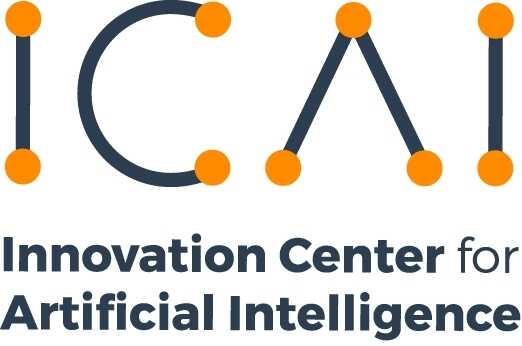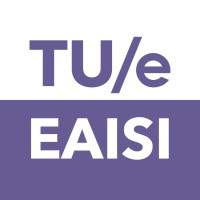Bayesian Intelligent Autonomous Systems Lab
Welcome to the website of the Bayesian Intelligent Autonomous Systems Lab at TU Eindhoven, led by Prof. Bert de Vries. The lab is part of the Department of Electrical Engineering at TU Eindhoven, within the Signal Processing Systems group.
BIASlab's research focuses on nature-inspired ("natural") artificial intelligence technology for engineering applications. Our mission is to translate the Free Energy Principle to synthetic agents that automate the design of signal processing and control systems through environmental interactions.
Applications range from situated design of multimedia applications (e.g., personalized hearing aids) to real-time decision making for robots and drones.
Core Activities
We carry out research on Active Inference using the Free Energy Principle in various application domains.
Developing fast and efficient software to automate Bayesian decision-making.
Inspiring the next generation in Bayesian machine learning and software development.
Research Projects
AIM-TT
AI Learning Initiative for Multi-modal Traffic and Transportation
FlexLab
AI Lab for Flexible Energy Grids
CONTACT-AI
Embodied Quadruped Exploration and Navigation
EmbodAI
Embodied AI for Natural Robotics
FEP-Lab
Free Energy Principle Laboratory
FEPQuad
Active Inference for Quadrupedal Robot Locomotion
Auto-AR
Automated Situated Design of Augmented Hearing Reality Algorithms
BayesBrain
Hybrid Brain-on-chip AI Computing
CoHear
Collaborative Design for Hearing-Aid Sound Quality
Publications
Partial state-feedback reduced-order switching predictive models for next-generation optical lithography systems
Control Engineering Practice
Mar 2026
Active Inference is a Subtype of Variational Inference
EurIPS workshop on Epistemic Intelligence in Machine Learning 2025
Nov 2025
A Message Passing Realization of Expected Free Energy Minimization
International Workshop on Active Inference 2025
Oct 2025
Message passing-based inference in an autoregressive active inference agent
International Workshop on Active Inference
Aug 2025
A Factor Graph Approach to Variational Sparse Gaussian Processes
IEEE Open Journal of Signal Processing
Jul 2025
We gratefully acknowledge support from:




